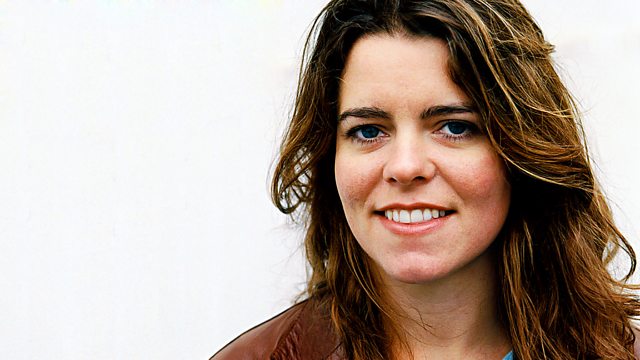The Pseudo-Patient Study
4 Extra Debut. Claudia Hammond revisits David Rosenhan's 1973 study which revealed huge problems with psychiatric diagnoses. From July 2009.
Claudia Hammond revisits another classic psychology experiment, David Rosenhan's Pseudo-Patient Study, gaining access to his unpublished personal papers to discover how it changed our understanding of the human mind, and its impact 40 years on.
Between 1969 and 1972, the clinical psychologist David Rosenhan and seven other people - none of whom had a psychiatric diagnosis - got themselves admitted to 12 different psychiatric hospitals around the United States. They did this by presenting with a single symptom, saying that they heard a voice which said words such as 'empty', 'dull' and 'thud.' Once admitted, they acted completely normally. Nevertheless, they were kept in for periods of between 8 and 52 days. Seven of them were diagnosed with schizophrenia and were released as being 'in remission'; not one of them was judged to be sane.
After Rosenhan published On Being Sane in Insane Places in the journal Science in 1973, the psychiatric profession went on the defensive to protest its diagnostic competence. The study struck at the heart of their attempts to medicalise psychiatry and be accepted as proper doctors. Its impact was felt when the third edition of the profession's bible, the Diagnostic and Statistical Manual, came out in 1980: changes had been made which brought more rigour to the diagnostic process.
However, as Claudia discovers from Rosenhan's unpublished papers, for him the study was less an experiment of diagnostic efficacy than an anthropological survey of psychiatric wards. In a chapter of the book he never finished, she reads his poignant account of his own first admission, and his sense that 'minimal attention was paid to my presence, as if I hardly existed'.
Now suffering ill health and unable to speak, Rosenhan delegates his friends and colleagues professor of social psychology at Stanford University Lee Ross and clinical psychologist Florence Keller to speak to Claudia and show her the box containing previously unpublished material which throws new light on one of the most controversial and famous psychology experiments.
Last on
More episodes
Previous
Next
Broadcasts
- Mon 27 Jul 2009 11:00大象传媒 Radio 4
- Tue 7 Jul 2015 06:30大象传媒 Radio 4 Extra
- Tue 7 Jul 2015 13:30大象传媒 Radio 4 Extra
- Tue 7 Jul 2015 20:30大象传媒 Radio 4 Extra
- Wed 8 Jul 2015 01:30大象传媒 Radio 4 Extra

